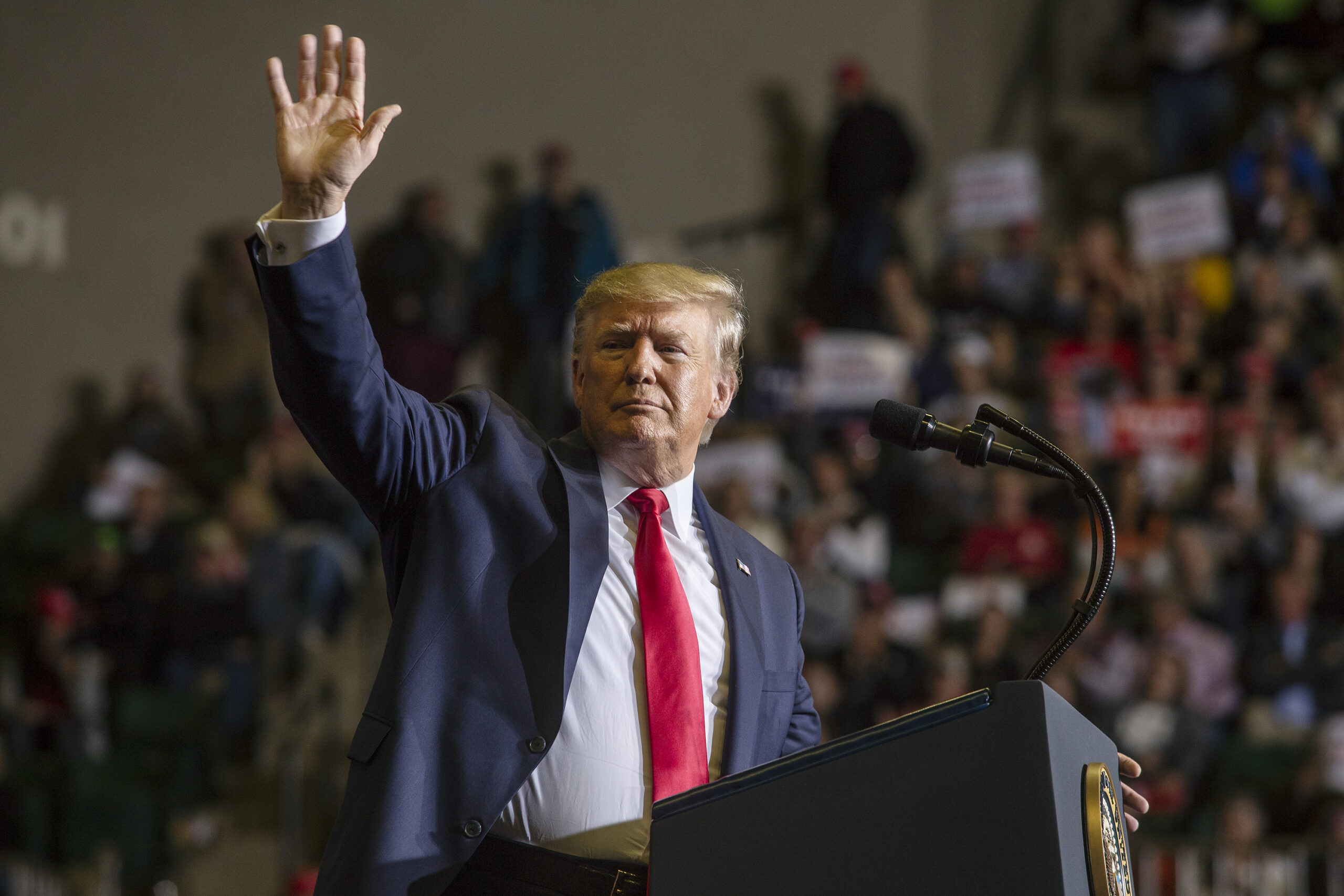One of Vice President Kamala Harris’ most devastating zingers in last week’s debate with former President Donald Trump was when she looked at him and said he “was fired by 81 million people … Clearly he is having a difficult time processing that.”
Harris was correct about the 2020 election. That year more people voted against Trump than against any candidate in the history of the nation.
On the other hand, Trump is correct when he says he received more votes in that election than any incumbent president in the nation’s history. The only problem with that is that in that 2020 election, Joe Biden garnered more votes than any candidate had ever received.
Biden defeated Trump by about 7 million votes.
Turnout of the eligible voting-age population in 2020 was 66.7% — the highest since 1900, according to Fair Vote, a national nonprofit promoting various voting reforms.
In Mississippi, the turnout compared to past elections in the state was high, but well below the national average. According to Fair Vote, the turnout in Mississippi in the 2020 election was 60.2%. And by the way, in the 2020 election, Trump received more votes — 756,764 — than any presidential candidate in Mississippi’s history. In 2008, incumbent U.S. Sen. Thad Cochran garnered 766,111 in his reelection bid against Democrat Erik Fleming.
This perhaps is an appropriate time to mention one of our funniest age-old political jokes: that the outcome of a particularly close election will depend on turnout.
All elections, of course, do depend on turnout. A candidate’s most basic mission is to get his or her voters to the polls. The only problem is that generally speaking, when a candidate drives up his or her voter turnout it also spikes on the other side.
That, in part, is why elections often turn so negative. It is part of the effort to depress the opponent’s turnout.
The question this election cycle is will people turn out to vote at as high a rate as is in 2020?
Will Trump garner as many votes as he did in 2020 – more than 74 million – the second most in the nation’s history? Can Harris in 2024 match what Biden did in 2020 – more than 81 million votes?
In other words, will voter interest or enthusiasm be as high on each side as it was in 2020? A drop on either side most likely will portend the winner of the November election.
There you go — the old joke again.
In Mississippi, turnout was high in 2020 but much lower than the national average.
But there is a reason to believe that turnout might be higher in Mississippi this November. The two Democrats winning the most votes in federal elections in Mississippi history were Black candidates: Mike Espy in his unsuccessful U.S. Senate bid against Republican incumbent Sen. Cindy Hyde-Smith in 2020 and President Barack Obama in 2012. Espy captured 578,619 votes in losing to Hyde-Smith by 10% in 2020. In his successful reelection in 2012, Obama received 562,949 in Mississippi, or about 11.5% less than Republican Mitt Romney.
Minnesota generally is the state with the highest turnout, hovering near 80% — almost 20% higher than the turnout in Mississippi.
If Mississippians come out to vote at the same level as Minnesotans in 2024, that would mean almost 260,000 more people would vote in 2024 than in 2020.
That could be enough votes to give the Democratic presidential nominee a victory in Mississippi for the first time since 1976.
Of course, that victory would only occur if Harris could ensure those extra votes were mostly her supporters.
After all, it’s all about the turnout.

